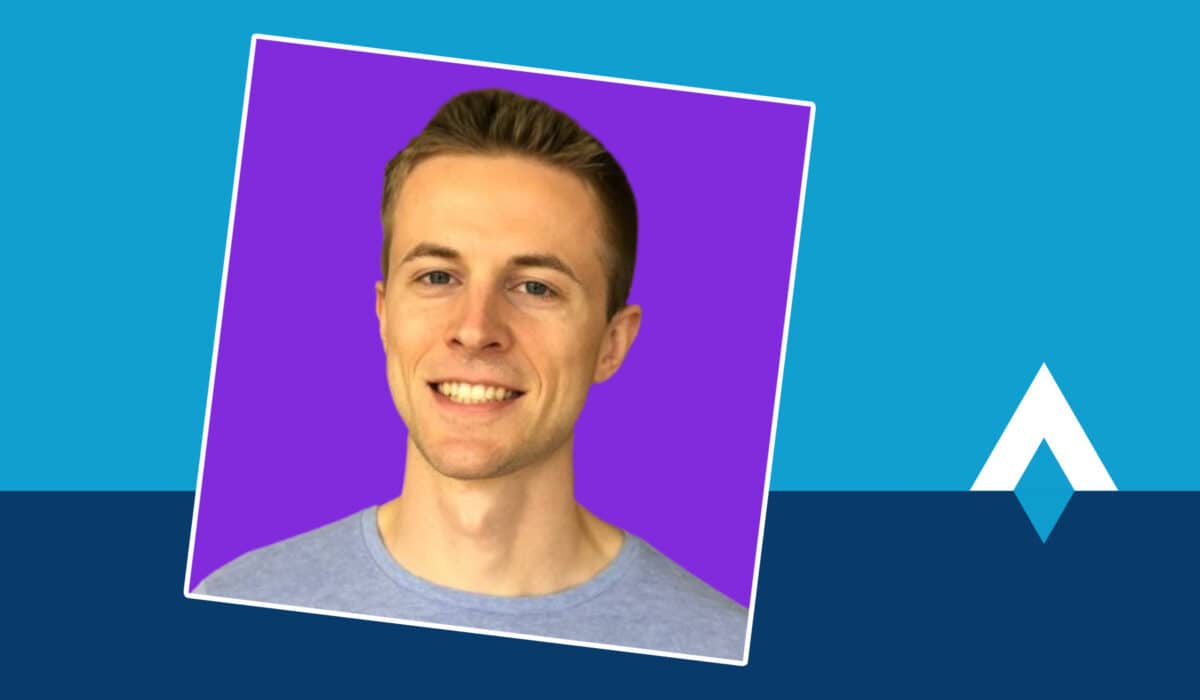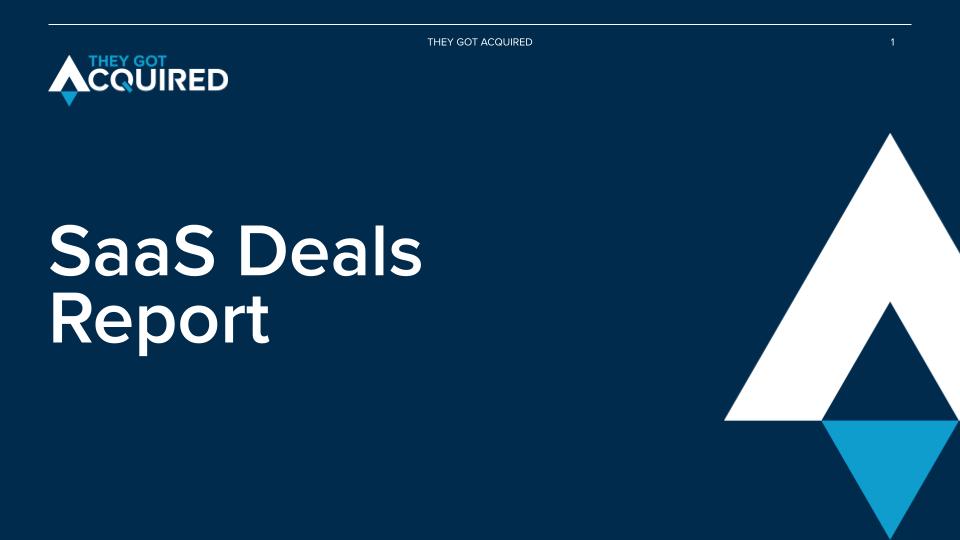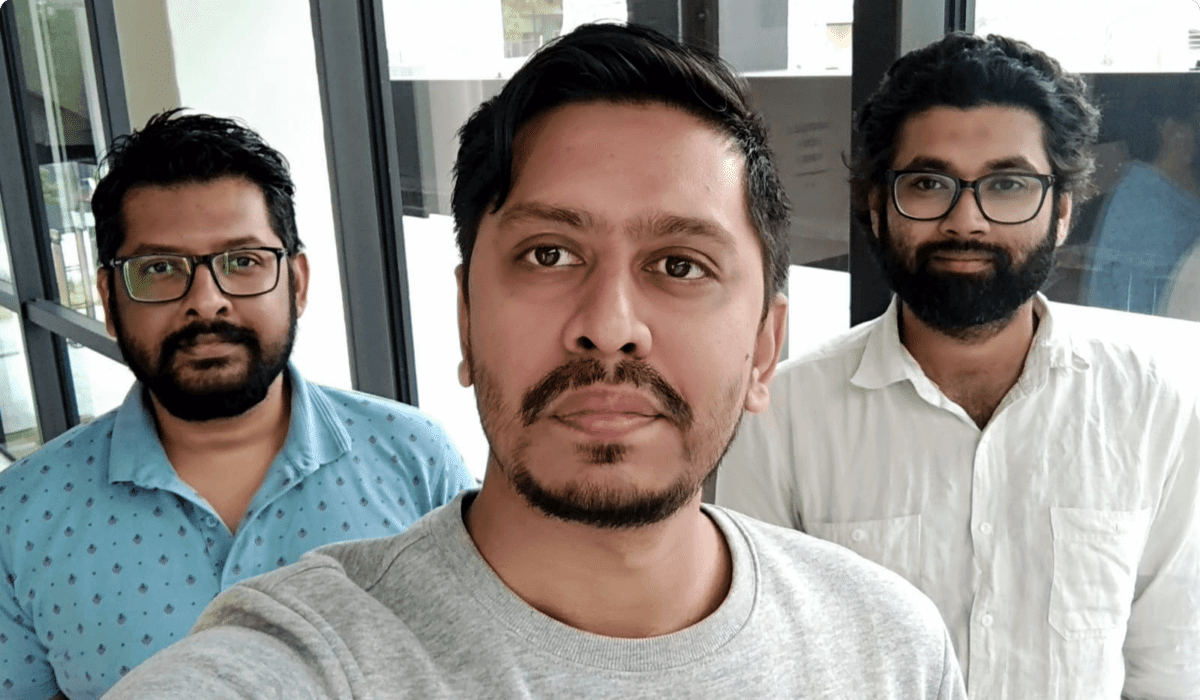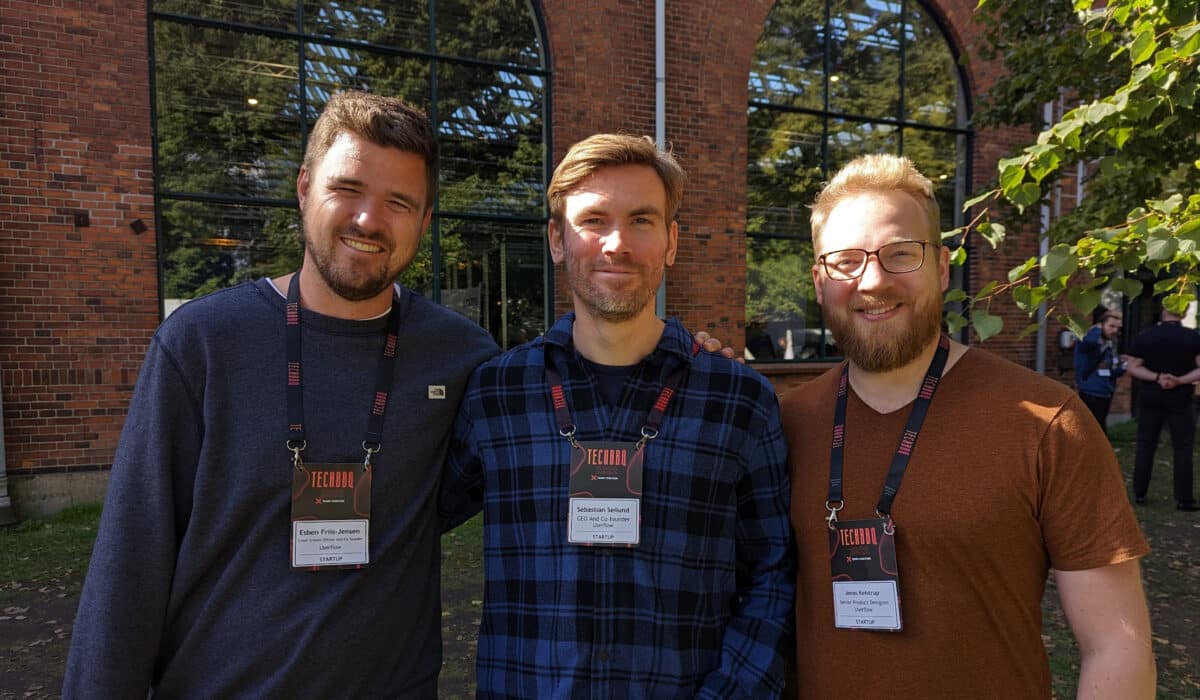First, Noah Bragg tried to build a unicorn.
He and a college buddy quit their software developer jobs to create a startup that would make a splash and earn millions.
But that didn’t go as planned. So Bragg started smaller, building a micro SaaS business in six months that he quickly sold for $27,000.
Then he went a bit bigger and built a SaaS business called Potion. Potion is a software program that makes it easy to build websites connected to Notion, the popular and versatile project management tool.
Bragg sold Potion for $300,000 in April 2023, and now the 28-year-old serial entrepreneur from Seattle is onto his next venture. Along the way, he learned a lot about how to launch an online business – and how to automate it.
How building in public helped sell Potion
Potion first started getting attention in late 2020 when Bragg began building it in public over two months and documenting it on Twitter. On many days he’d upload a two-minute video updating his progress, using a tool called ScreenFlow. He got feedback from his audience as he progressed.
“That first day, I tweeted, ‘I’m going to build a SaaS in public starting tomorrow.’ That tweet blew up and I got 1,000 new followers in 24 hours,” Bragg told They Got Acquired. “I enjoyed being transparent and building it in public. It kept me accountable and motivated me to make it happen.”
Potion is a website builder that works with Notion. As for Notion, it’s an increasingly popular all-in-one tool that combines note-taking and a customizable suite of project management tools to help software teams collaborate.
“Potion is built on top of Notion,” Bragg told us. “Potion pulls all of your content and data from Notion and hosts it on your website in a way that’s best for SEO and page speed.”
Building the product in public gave it an initial boost. Potion got its first 75 paying customers within the first two months. “Pretty much all those people came from Twitter,” he recalled.
Having built software products in public previously, Bragg had learned something about the audience for that sort of thing.
“The people that really like that and enjoy that are other creators, other makers, other entrepreneurs,” he told Userlist’s “Better Done than Perfect” podcast. “I wanted to make a product that served that ‘indie hacker’ kind of niche.”
Next, Potion got more eyeballs when he launched it on Product Hunt, a website where software and tech businesses feature their new products and Product Hunt’s audience votes on them.
Bragg made a video, shared some images, and described his product. Potion ended up getting upvoted to Product Hunt’s top spot of the day, then top spot of the week.
Preparing to sell SaaS business Potion
By the time Bragg was ready to sell, Potion had:
- 20,000 website visits per month
- More than 500 paying customers
- $6,300 MRR (monthly recurring revenue)
- Zero employees
What advice would he give to other founders?
“Automate as much as you can so that it takes less of your time,” he told us. “Potential buyers like to see that a business is low maintenance.”
Bragg optimized different parts of the product to make Potion as “self-serve” as possible. He also added documentation and guides on how to use the product.
For some time, he was fielding three or four questions a day from users seeking tech support. Later on, he had the business automated so he was spending only two hours a week on it.
“I got the business to the point where I wasn’t really sure if new features would really move the needle much,” he said.
In early 2023, he put Potion up for sale on Acquire.com, an online marketplace to buy and sell startups.
“I’d been working on the business for two years and I was ready for a new challenge. There were some new ideas I wanted to build,” Bragg said. “So I decided to throw the business up on Acquire.com and if I got a price I was happy with, I’d sell.”
He found the sale went fairly smoothly. It took two months to go from listing to closing.
“I had 25 people who were interested and signed a NDA. Out of that, six people jumped on a call. And out of that, I got three offers,” Bragg said. “I learned a lot through the process.”
He found that the trickiest part was transferring the business’s Stripe account, which enables online payment processing, to the new owner.
If Bragg hadn’t gotten the price he wanted for the business – $300,000 – he said he’d still be running Potion today.
I have some news…
My SaaS, Potion, has been acquired! 🎉🥳
I’ve been building @potion_so solo for the last 2 years.
Here’s the story on how things went down!
…even the sale price. 🙃— Noah Bragg 🐟 (@noahwbragg) June 2, 2023
Who bought Potion
Montreal-based software developer Bruno Morency bought the business in April 2023. Morency had previously sold a SaaS business himself, so he was familiar with the process.
Last year, Morency left his job as managing director of Techstars Montréal AI, a startup incubator and venture capitalist group. He’s now seeking to buy two businesses per year, and Potion is his first.
Morency told They Got Acquired he was interested in acquiring Potion because of its steadily rising monthly revenue over two years, and the fact that it was built on top of Notion, which is thriving.
“I want to build a portfolio of small, profitable companies, slowly but surely,” Morency said.
Bragg is on to the next challenge
Bragg said he feels good about the sale. “It was a little weird the day after, when it wasn’t mine anymore,” he recalled. “That felt odd, but it was a great decision and I don’t regret doing it. It sets me up for the next business I want to create.”
His new project: building out a website called TrustScore that helps consumers find trustworthy crypto investments.
“I think crypto is going to be big in the future,” he said. “One of the problems with crypto is, there’s scams, there’s hacks, there’s a lot of things to figure out.”
The website will pull in lots of data to help people do their due diligence on crypto products, he said. The idea is that trustworthy crypto companies will eventually sponsor the website with banner ads.
So at age 28, Bragg is already a serial entrepreneur.
“I like building the product – writing the software – but also figuring out the business model and then the marketing part,” he told the “Better Done than Perfect” podcast. “I get to be a part of all of it instead of just one part of the business.”



